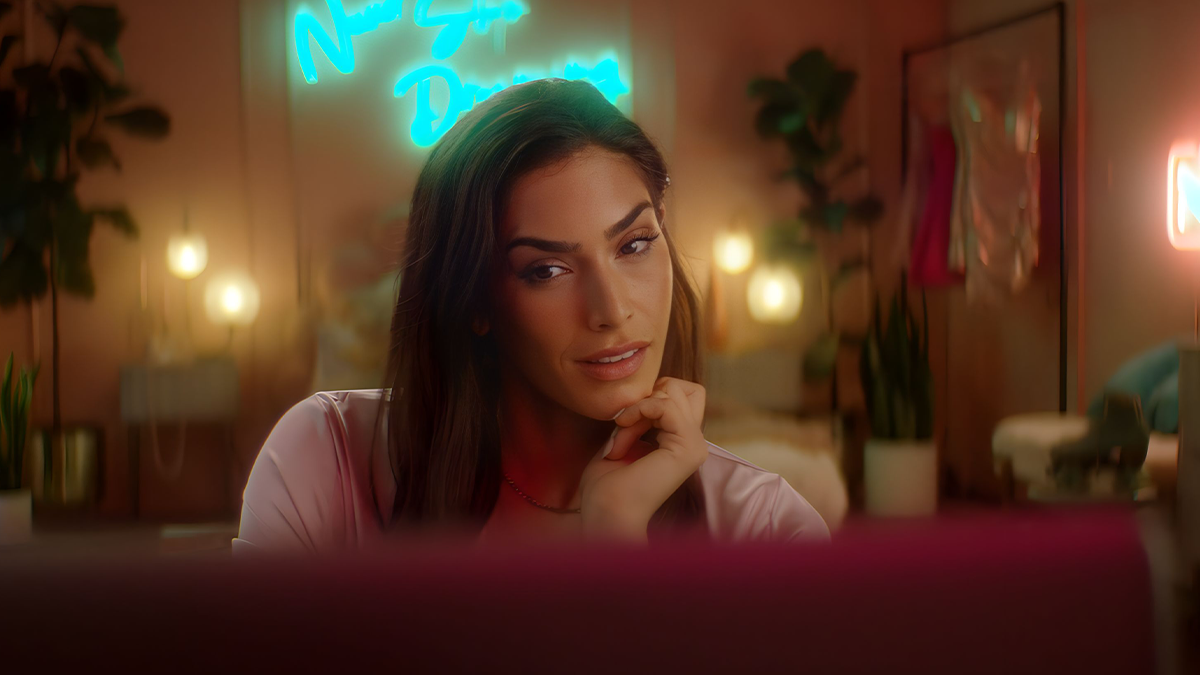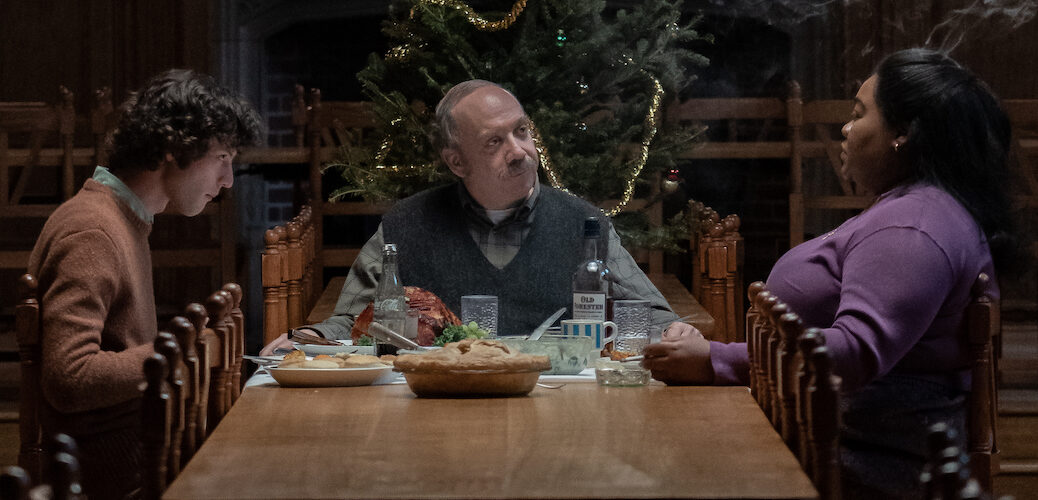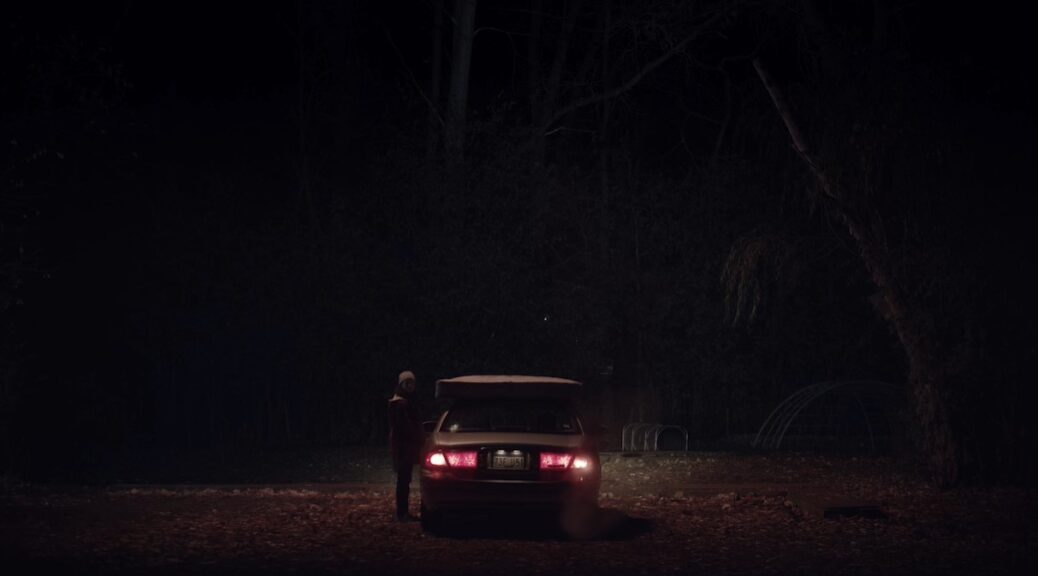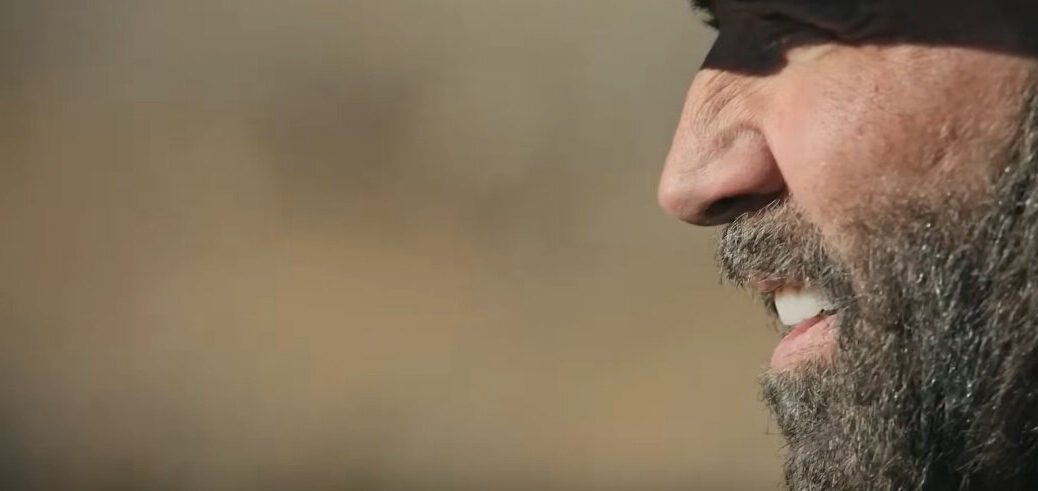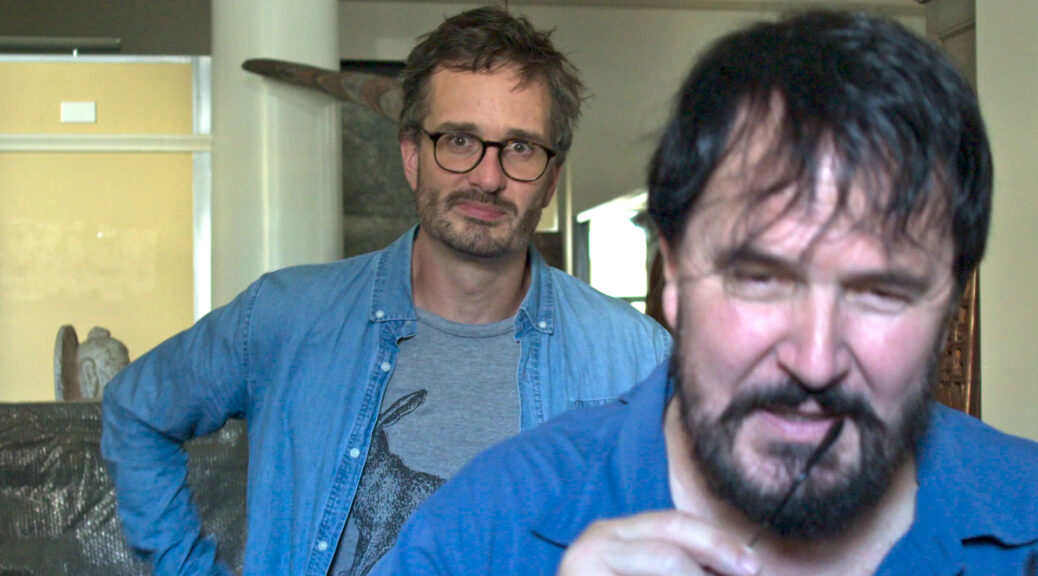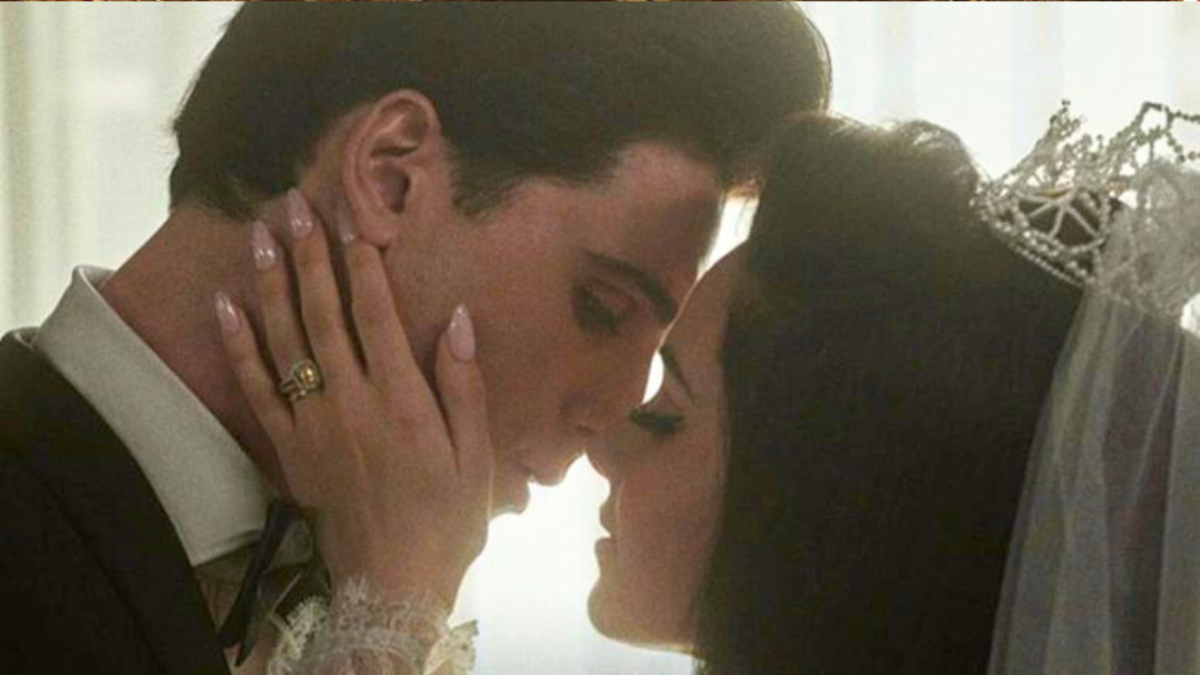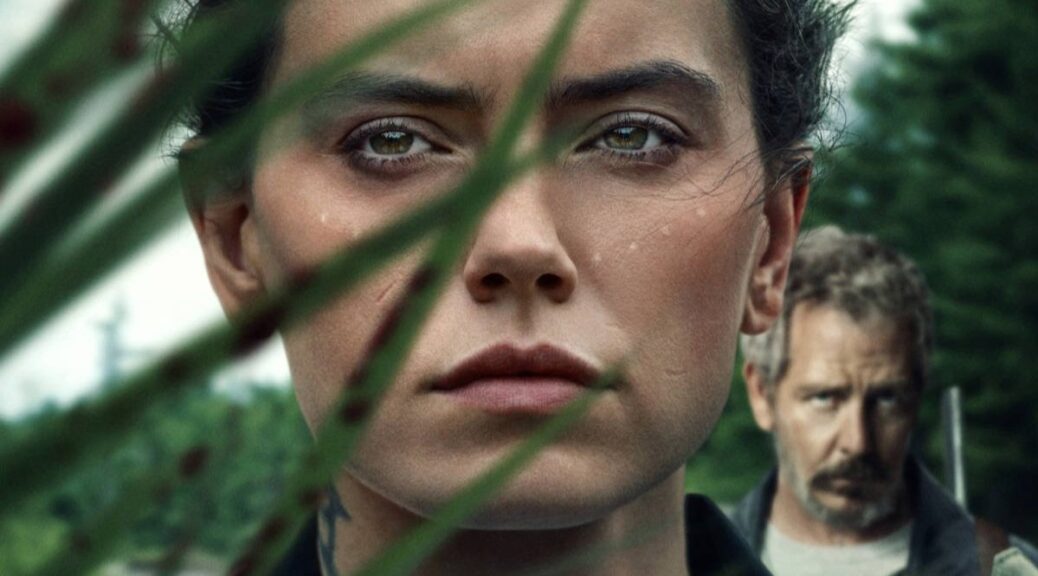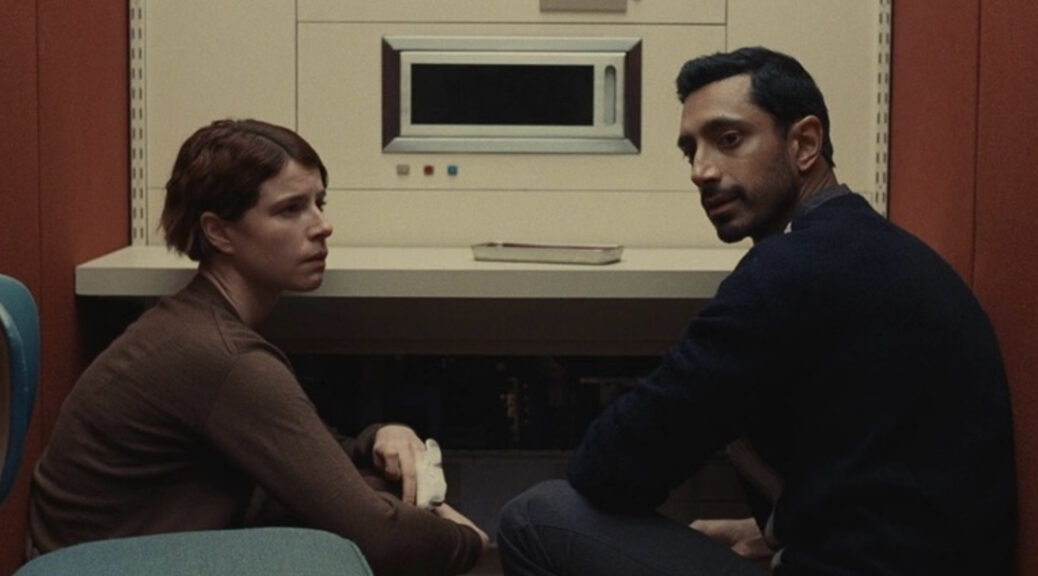Love Virtually
by Rachel Willis
With Love Virtually, director L. E. Staiman explores what it means to be in a relationship in a virtual world.
Staiman co-stars as Kalvin. Spurned in love at a young age, Kalvin turned himself into a VR sensation as a form of revenge.
Sharing the screen with Kalvin are down-and-outs Roddy (Peter Gilroy), Barry (Ryan O’Flanagan), and La Monte (Vince Washington). Barry’s wife is in love with a chat bot; La Monte is responsible for spreading a virus around the world; and Roddy has lost his one true love to his video game obsession.
The women in their lives are equally pitiful, but each has been affected in real life by their online personas (or the personas of their partners).
A significant portion of the film is set in the virtual world, which is populated by avatars with a distinctly 90s feel. Characters dress up to slip into their VR headsets to hit the hottest clubs. It’s not clear why the characters need to dress their physical bodies for VR clubs since the beauty of an avatar is that it can be whoever you’re not. It’s simply one of many aspects that don’t quite make sense.
There are several side plots that fit the film in a strange yet satisfying way. What you think is a rom com turns into an action espionage video game movie (of sorts). It takes the film in an unexpected direction that makes it different from what you’ve seen before. And while most of the humor feels forced, there are a few scenes that elicit genuine laughs.
Unfortunately, the overall affect is that, aside from Roddy, none of the characters come to life (as real people or as avatars). Their wants and needs are shallow, which isn’t entirely out of place in a film where people spend more time with each other online than they do in real life.
For a film that relies heavily on its animated scenes, the animation is outdated – both as a style and as a representation of what virtual reality is. Avatars look not too far removed from Lara Croft in the original Tomb Raider video game. We’ve come a long way from 1996.
If you’re in the mood for something different, Love Virtually might satisfy that craving, but not for very long.
